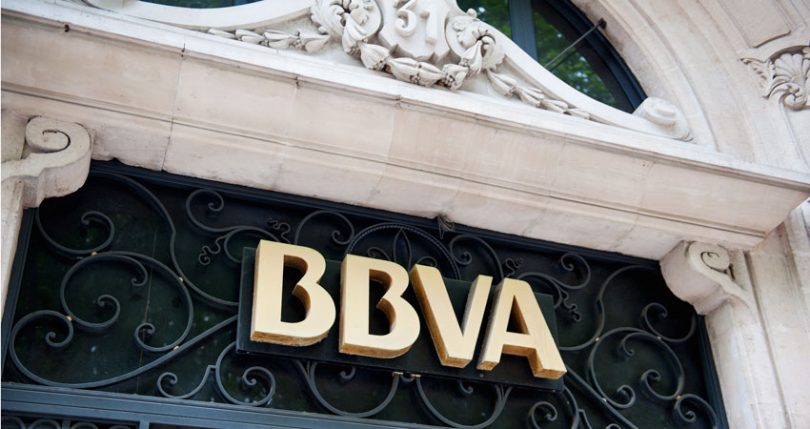Last week BBVA closed a €100 million corporate loan with construction group ACS. According to BBVA using blockchain meant both parties could independently review the state of the contractual process. By digitizing the negotiation, the process is reduced from days to hours.
BBVA’s aim is to both offer better financial solutions and to innovate using blockchain. The bank envisages the corporate loan negotiation blockchain as a step towards Do-it-Yourself financing for corporates.
Back in June the bank announced plans to test using blockchain for negotiation and contracting of syndicated loans. Separately, in May Finastra launched its Fusion Lendercomm with ten banks as customers.
Extensive Repsol collaboration
In June BBVA used blockchain to renew a revolving credit facility for Repsol worth €325 million.
An unusual aspect was the use of a mix of public and private blockchain implementations. The negotiation of the agreement’s terms and conditions used a private Hyperledger Fabric blockchain. But the companies registered a hash of the signed contract on the Ethereum test network. A hash is a unique identifier which is a representation of the contract. If the contract is altered, it would have a different hash.
“Repsol wants to actively take part in collaborative environments. Blockchain is a disruptive technology that is here to stay and the agreement with BBVA advances our strategy of driving digitization in all areas of our activity”, said Nuria Ávalos, the head of Blockchain and Digital Experimentation at Repsol.
BBVA’s consortium memberships
BBVA is collaborating across multiple consortia. It’s a member of the Hyperledger Governing Board and it’s a shareholder in enterprise software firm R3. Additionally, the company is a member of the Enterprise Ethereum Alliance and Spain’s Alastria.
Previously BBVA issued its first blockchain corporate debt with Idra in April.







